If you click on a link and make a purchase we may receive a small commission. Read our editorial policy.
Final Fantasy VII Rebirth director Naoki Hamaguchi talks about heading up the acclaimed game franchise
"I think what is important is keeping the core elements and the essence of things," the director says of reimagining the franchise for today's fans
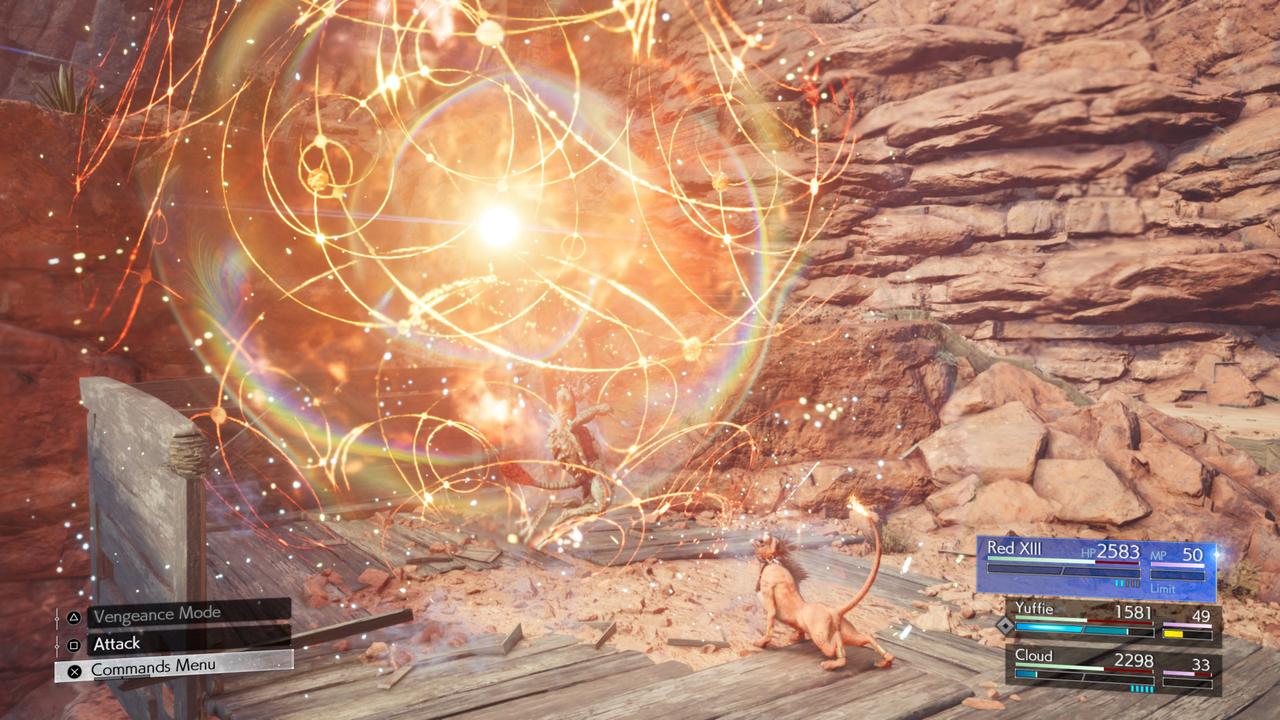
Thanks to Square Enix for sponsoring this article.
Naoki Hamaguchi is a surprisingly unassuming figure, given how important he is inside the world of gaming. In 2020, he made his directorial debut as co-director on the high-profile Final Fantasy VII Remake alongside Tetsuya Nomura; a year later, it was announced that he’d take over as the main director on the series as Nomura stepped into the role of creative director of the project. As Final Fantasy VII Rebirth gears up for its February 29, 2024 release — the game is currently available for pre-order — Popverse sat down with Hamaguchi to talk about how he shoulders the legacy and pressure of heading up such an important (and acclaimed) game series.
This interview was conducted via interpreter at New York Comic Con 2023.
Popverse: I was sitting in the crowd for the Final Fantasy VII Rebirth panel [at New York Comic Con], and the excitement from all the fans in the room was electric. People were really genuinely thrilled to hear everything, and to see everything. You even heard it from the cast today, that it means such a lot to so many people. How much of that are you aware of when you are working on the games? Are you surprised when you go to something like this panel and you see the response that people have, because it's a very emotional response?
Naoki Hamaguchi: For me, both Final Fantasy VI and VII were titles that I played in real time; I was a fan and a player. [Those two games] are titles that really inspired me and gave me those feelings of wanting to work in this world and wanting to create a title very similar to this in terms of entertainment, and in that way it was very significant for me. So I, myself, have those feelings, very similar to the ones that you mentioned.
Now I'm getting to work alongside Kitase-san, Nomura-san and others that were the originators of these pieces, and together now we're reimagining and reconstructing this iconic title. In some way, it does feel very both serendipitous and almost like fate that we've now come together — and in that way, I have this very strong sense of duty to create this work that will give out similar feelings to people today. So, when I go up on stage and just see the passion from the voice actors, from the fans, the audience, and it's very palpable, that really encourages me even more. It strengthens that feeling, exponentially.
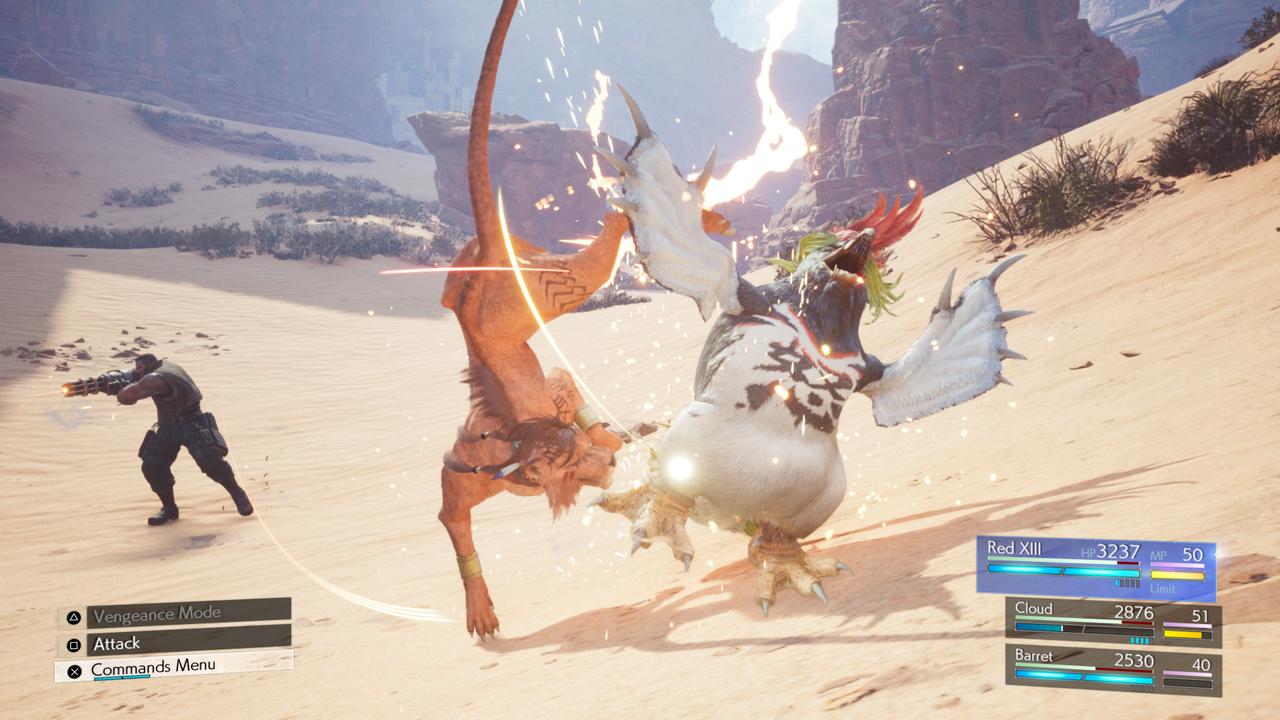
These three games — Remake, Rebirth, and whatever follows — are not just a remake; it is, as you said, a reimagining. It's an outgrowth of the original, you're adding to what has already been there. Do you feel an excitement in building it out in that way, in making this world much bigger for people? Is there an element where you feel almost restricted by this because it is so meaningful for people, or is it just the opposite, and you feel excited to be more creative, knowing that people are going to be so accepting and so excited about it?
This is a very great question. It is true that, from one perspective, some things may seem like a restriction based on having so many existing fans that love specific aspects of the game, and for that to be very important to them. But based on the core, there are two factors that I kept to be important in the development process for both Remake and Rebirth.
One is that the fact that there were definitely elements that just could not be expressed in the original due to the technological limitation — the graphic limitations at the time — that users are now able to experience in Remake. An example being, for example, the characters walking through the slums of Midgar. In Remake, you're able to look up and see the ceiling and how that looks like in all full glory. And this is not something that's possible in the original, but it is something that the creators intended. The characters are able to technically see [the ceiling] within the story, but the players couldn't. And now they're able to. In that way, it deepens their experience because there's this new discovery that's happening there. So that's one element that I focused on.
Another is that, knowing that there are so many fans of the original title, and those that know the story and the ins and outs of it, we also know that if we really stick to the script and do everything exactly the way it is, that's also not going to satisfy the fans of the original as well.
I think what is important is keeping the core elements and the essence of things, but what we'll do is, there'll be a different expression or there'll be a new way in which this is expressed. You can see a lot of that in Final Fantasy VII Rebirth, where the characters are traveling from Midgar and adventuring, journeying on to eventually end up in the Forgotten Capital, where there's that question in the minds of everyone today at the panel of what will happen to Aerith, what is her fate? Our ability to keep people wondering throughout this game and saying, "Well, is it the same or is it different?" That's only possible because there are original fans who know this story so well. Because of that, we're able to provide this wonder and curiosity throughout.
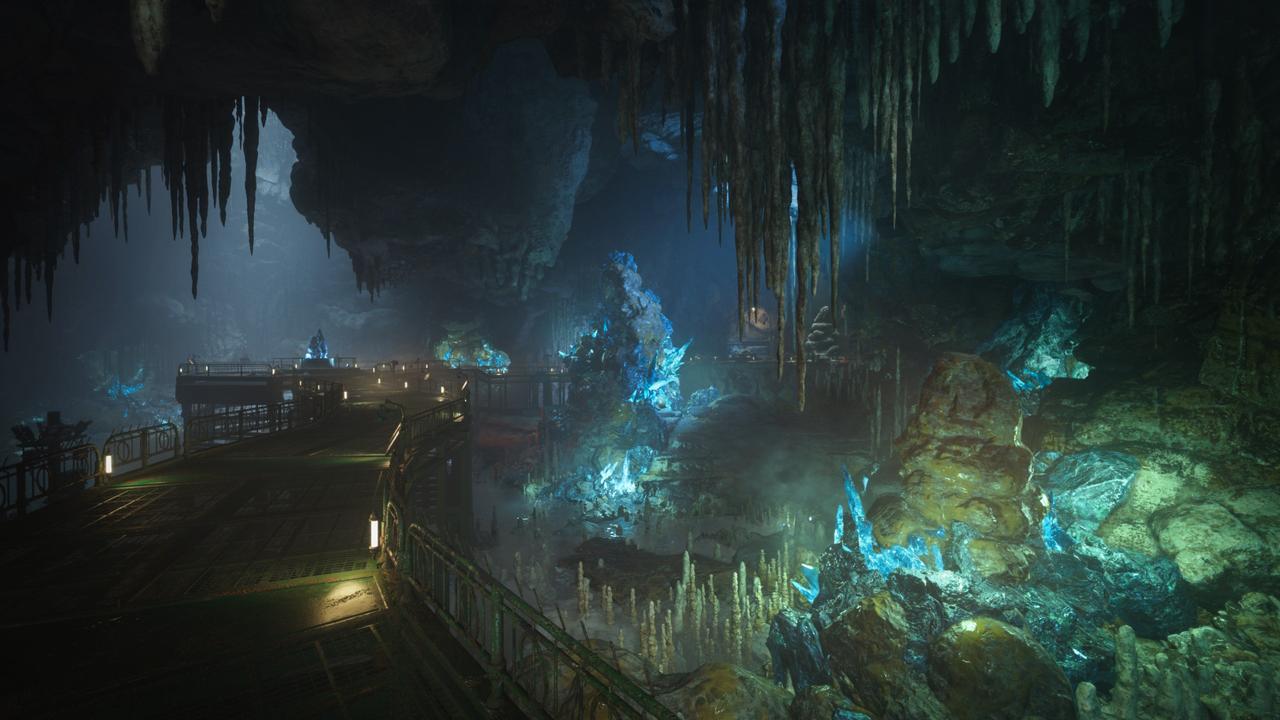
Again, you’re talking about yourself to some degree here. You were one of the people inspired by the original games, just as the cast was inspired by the original games. Final Fantasy has, bluntly, shaped and changed people's lives, and these new games will do the same thing. For many people, Final Fantasy is not just a series of games, but stories and myths that do change people's lives. How does that feel to be someone who is central to making that happen? Do you feel a sense of joy at creating art that is so impactful for people?
Within the Final Fantasy VII remake project series, we're creating it in Japan, but a lot of the creators are from abroad and had moved to Japan to specifically work on this title. It’s amazing to me that a lot of people had seen or played the Final Fantasy VII remake project, and were really compelled to join and work in some way on Final Fantasy VII Rebirth due to the experience the Final Fantasy VII remake project was for them and for everyone else. That's something that's really exciting to me, and I’m really happy to know that that's happening.
Like you said, in junior high, I was playing a game that Kitase-san had created, and then several decades later, I'm now working alongside him to create this game. If there was a way or a happenstance in which 20, 30 years from now, someone who had played Final Fantasy VII Rebirth or the Final Fantasy VII remake project series was extremely inspired to become a game developer from playing that game. if someone had come up to me and said that this game was such an inspiration to them to change their lives in that way, of course that would make me so happy from the bottom of the heart. Without a doubt.
Of course, now I'm waiting for 20, 30 years later in the future where my protege comes up to me and tells me about that. [Laughs]
Follow Popverse for upcoming event coverage and news
Find out how we conduct our review by reading our review policy
Let Popverse be your tour guide through the wilderness of pop culture
Sign in and let us help you find your new favorite thing.


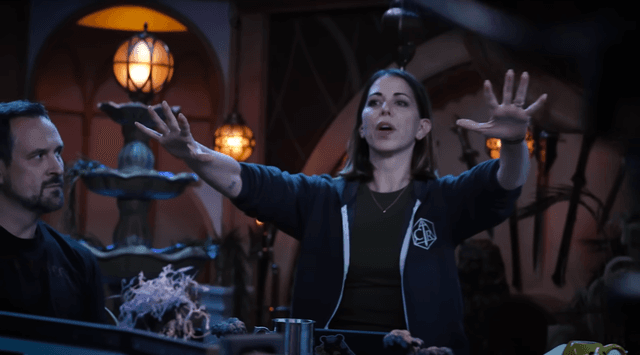


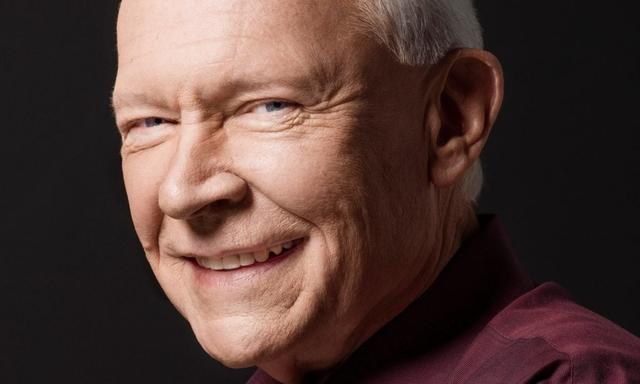










Comments
Want to join the discussion? Please activate your account first.
Visit Reedpop ID if you need to resend the confirmation email.